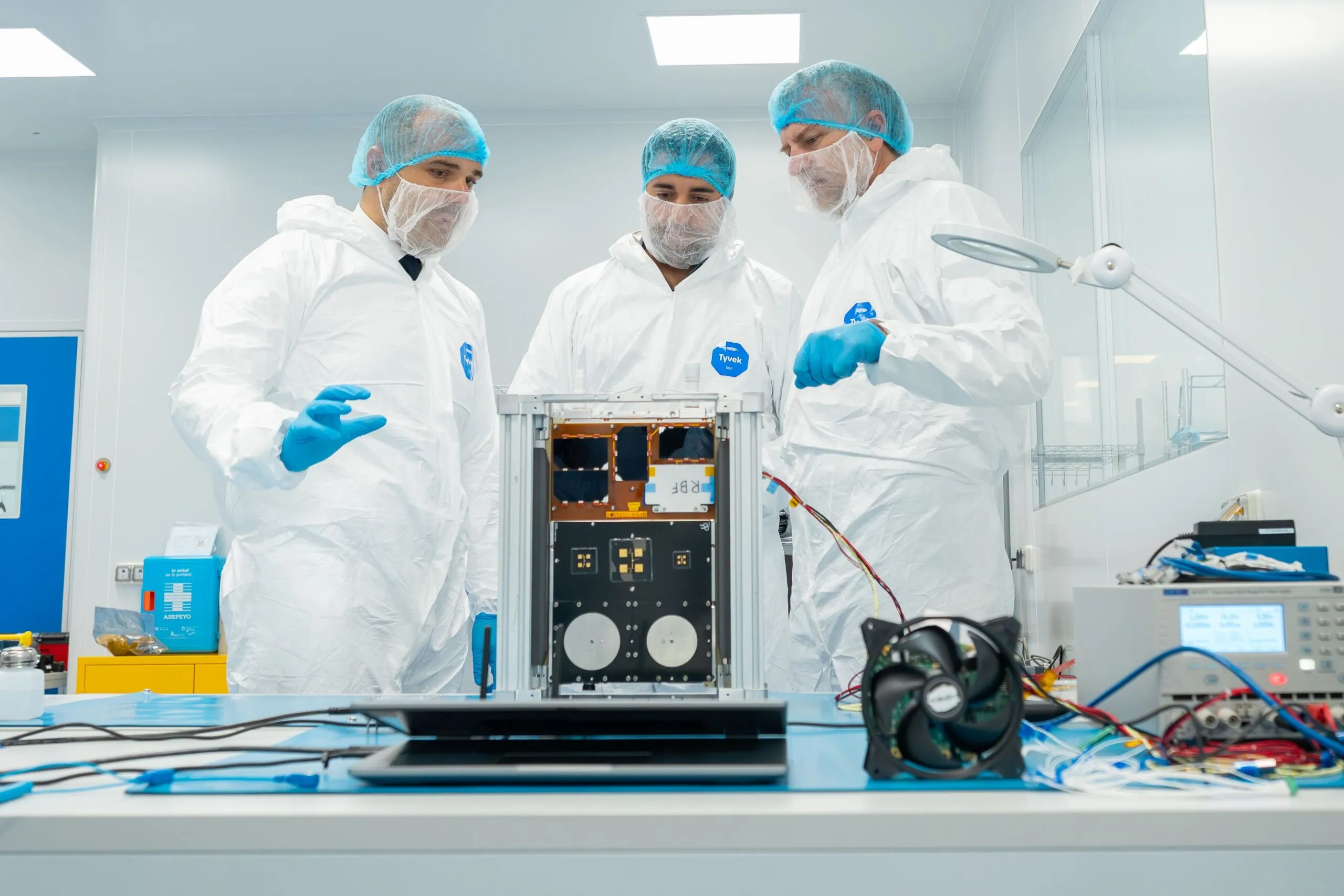Key Takeaways
- The 6GStarLab satellite, led by i2CAT, will facilitate research into 6G communication technologies and is set to launch by the end of 2025.
- This project is part of Spain’s Recovery Plan and is funded by NextGenerationEU, with a total investment of €10 million for various research infrastructures.
- The satellite aims to enhance satellite-to-ground communication via multi-frequency devices and an optical terminal developed by local companies.
Overview of 6GStarLab Project
The 6GStarLab, a groundbreaking initiative by i2CAT, is designed to advance the research and validation of 6G communication technologies in a real space environment. Targeting a launch at the end of Q4 2025, the satellite will be operational for research in early 2026. It will provide a platform for testing multi-frequency communications, utilizing an optical terminal to improve satellite-to-ground communication.
Characterized as an “open and flexible testbed,” the 6GStarLab will enable remote execution of experiments. This is the first satellite project of its kind promoted across Europe, focusing on non-terrestrial networks (NTNs), which aim to establish interconnectivity between ground and space networks.
The project is supported by a public contract worth €1.65 million awarded to Open Cosmos for the satellite’s design, manufacture, integration, launch, and commissioning. Rafel Jordà Siquer, CEO of Open Cosmos, noted that this collaboration exemplifies how partnerships among companies, research centers, and institutions can expedite 6G development and integrate space technology into advanced terrestrial communications.
The satellite will incorporate payloads devised by i2CAT and Microwave Sensors and Electronics (MWSE) as part of the 6GSatNet project. These include a laser terminal for space-to-ground optical communication and ground station technology provided by Singapore-based Transcelestial. Currently, the satellite’s assembly is underway in Open Cosmos’ clean room located in Barcelona, and progress has recently been reviewed by Albert Dalmau, the Minister of the Presidency of the Catalonia Government.
Additionally, a ground segment in Móra la Nova will manage the satellite’s experiments, serving as a hub for research in optical space communications. This project is part of Spain’s Universalisation of Digital Infrastructures for Cohesion UNICO I+D 6G program, financed by the Spanish Government as part of its Recovery, Transformation and Resilience Plan, utilizing NextGenerationEU funding. Overall, i2CAT has secured €10 million from this funding to support the deployment of various research infrastructures. Open Cosmos has operations in several countries, including the UK, Spain, Greece, and Portugal, and has a robust foundation in aerospace engineering.
The content above is a summary. For more details, see the source article.















